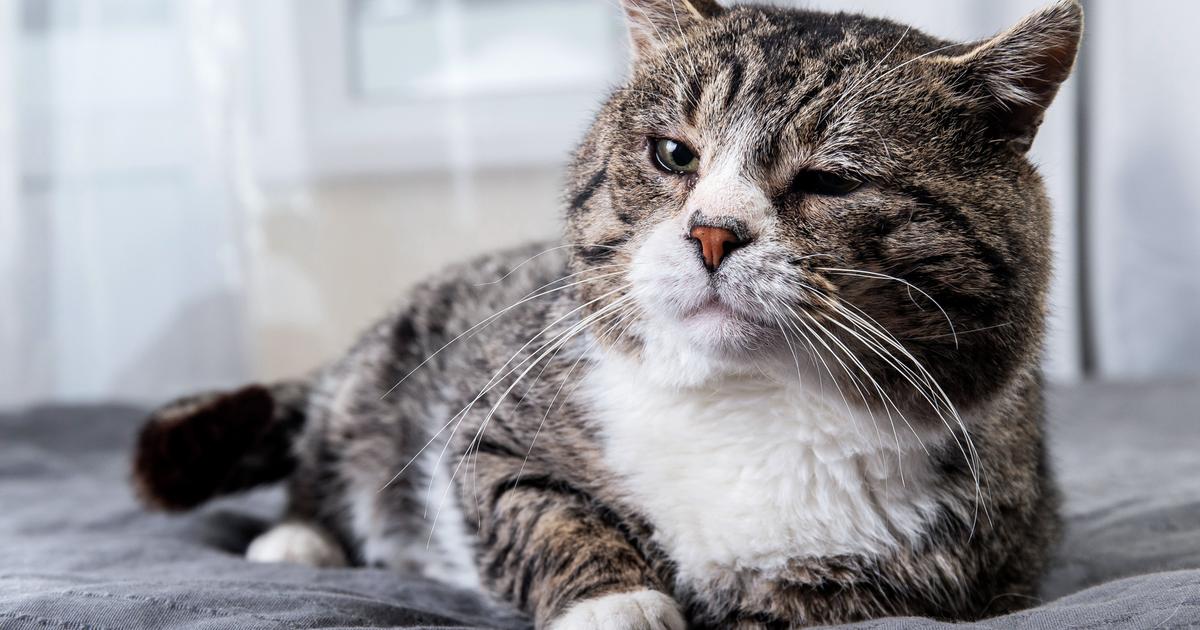The world's oldest cat, Creme Puff, lived to the canonical age of 38.
An absolute record that even Flossie, the current oldest cat in the world, at 27 years old, is still far from equaling.
If we know that some cats can live very old and happily exceed 15 years, it should still be noted that a cat is considered senior from 8 years old.
From the age of 10-12, the first signs of old age appear and, with them, the risk of symptoms of senility appearing.
To discover
February: what vegetables and fruits are in season?
What are the symptoms of senility in cats?
As a cat gets older, it will show normal signs of old age, such as a whitening of the coat, a change in its sleeping and eating rhythms, but also a psychomotor slowdown with gestures and movements that are a little less precise. .
However, these signs may be indicative of the beginnings of feline senile dementia or cognitive dysfunction syndrome.
A cat that is beginning to suffer from dementia will show additional symptoms that should alert you:
Stopping toileting or excessive licking;
Unexpected meowing, especially at night;
Vague look, and a cat which seems disoriented or which no longer recognizes its master;
Droppings outside the litter box;
Change in behavior (the cat is more clingy or more aggressive);
Sleep disorders and/or eating disorders.
These symptoms can also be aggravated by pathologies such as hyperthyroidism, kidney failure, loss of sight, hearing or smell, a brain tumor, diabetes or even osteoarthritis.
In all cases, only your veterinarian will be able to make a precise diagnosis.
If you have the slightest doubt, do not hesitate to consult it.
The earlier the pathology is detected, the better you can help your cat.
How to take care of your senile cat?
While it is not possible to cure a cat suffering from senility, you can nevertheless provide some relief and respite.
Already check with your veterinarian if it is possible to help him with medication and, in agreement with this, provide some food supplements to your cat's food to support his cognitive abilities.
Don't leave your cat alone thinking there's nothing more he can do.
Continue to play with him to stimulate him intellectually and physically.
Also give him moments of cuddles which will allow you to maintain your bond and help him feel confident around you.
Create a quiet place where he can take refuge without disrupting his environment (do not change the location of his bowl, litter box or basket).
Respect the times when he sleeps and be careful not to scare him or surprise him.
Finally, if you notice that your cat is disoriented, do not panic, it will frighten him.
Reassure him in a gentle voice and take him back to a place he recognizes.

